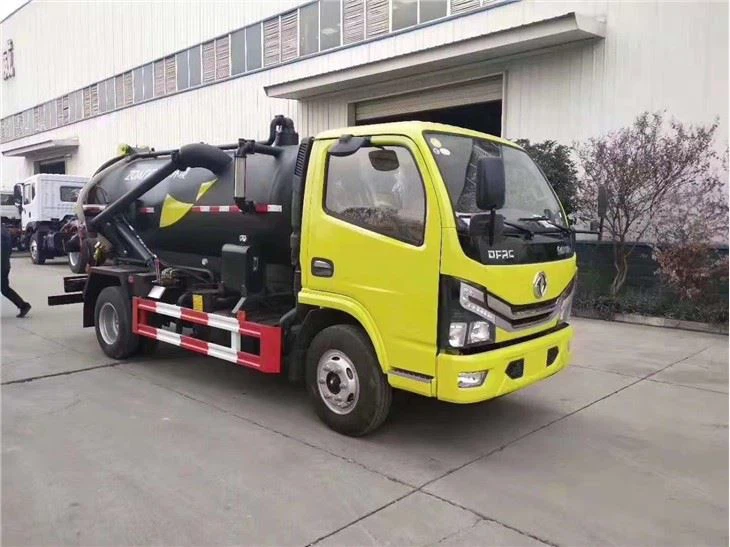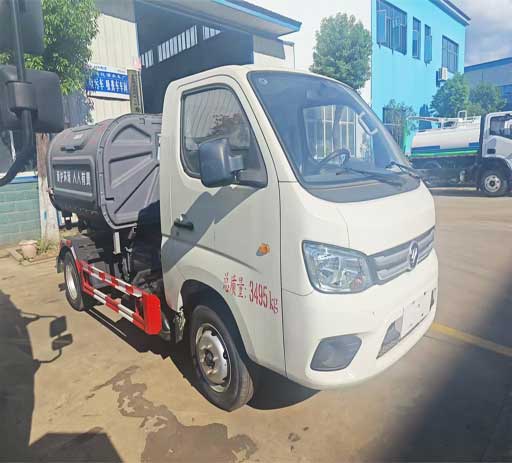Tanker Petrol: Everything You Need to Know About Fuel Transportation

Introduction
Tanker petrol, a term often associated with the transportation of petroleum products, is vital to the global economy. This article delves into various aspects of tanker petrol, from its types and operational mechanisms to safety protocols and environmental considerations. Understanding these elements is essential for industry professionals and consumers alike, as they influence fuel availability, pricing, and environmental impacts. Join us as we explore the intricate world of tanker petrol and its significance in today’s economy.
What is Tanker Petrol?
Tanker petrol refers to the fuel that is transported using tanker trucks or specialized ships designed for moving liquid petroleum products. This type of fuel transportation is crucial for distributing gasoline, diesel, and other refined petroleum products from refineries to various distribution points, including gas stations and industrial facilities.
Types of Tankers
There are several types of tankers used in the transportation of petrol:
- Petroleum Tanker Ships: Large vessels designed for transporting crude oil and refined products across oceans.
- Tank Truck: Road vehicles designed to carry liquid cargo like petrol, commonly used for local distribution.
- Barges: Flat-bottomed vessels used to transport fuel along rivers and canals, especially in areas without deep ports.
Key Components of Tankers
Tankers are equipped with various components that facilitate safe and efficient transport:
- Tanks: Storage compartments specifically designed to hold liquid fuels.
- Pumps: Mechanisms for loading and unloading fuel from the tanker.
- Safety Valves: Devices that prevent overpressure and potential leaks during transport.
The Transportation Process of Tanker Petrol

Loading Procedures
Loading tanker petrol involves several systematic steps to ensure safety and efficiency:
- Inspection: Inspecting the tanker for leaks, damages, or contaminations.
- Preparation: Preparing the loading area and ensuring only authorized personnel are present.
- Loading: Using pumps to fill the tanker with fuel while monitoring flow rates and conditions.
Transporting Tanker Petrol

Once loaded, the tanker follows a set route to deliver the fuel to its destination. Various regulations and best practices must be adhered to, including:
- Maintaining proper temperature and pressure levels.
- Regular communication with shipping or trucking headquarters.
- Documenting all transport activities for compliance and tracking purposes.
Unloading Procedures
Unloading involves reversing the loading procedures, with added safety checks to prevent spills and accidents:
- Site Inspection: Checking the unloading area for safety hazards.
- Pumping: Using pumps to transfer the fuel from the tanker to storage tanks.
- Final Checks: Ensuring all safety equipment and protocols are followed before the tanker departs.
Safety Protocols in Tanker Petrol Transport
Regulatory Compliance
Compliance with regulatory bodies like the Environmental Protection Agency (EPA) and the Department of Transportation (DOT) is crucial for safe operations. These regulations cover aspects such as:
- Environmental impact assessments
- Vehicle maintenance standards
- Driver training and certification
Training and Certification
All personnel involved in tanker petrol transport must undergo comprehensive training, which includes:
- Understanding the properties of different fuels
- Emergency response protocols
- Safe loading and unloading techniques
Emergency Response Plans
Having a well-structured emergency response plan is essential. This plan should outline procedures for:
- Fuel spills and leaks
- Fire and explosion incidents
- Accidents involving the tanker
Environmental Considerations in Tanker Petrol Transport
Environmental Risks
Tanker petrol transport poses several environmental risks, such as:
- Oil spills that can damage aquatic ecosystems.
- Air pollution from emissions during transportation.
- Noise pollution affecting local communities.
Mitigation Strategies
To minimize environmental impacts, the industry employs various mitigation strategies:
- Regular maintenance to prevent leaks and spills.
- Use of advanced technology for monitoring emissions.
- Training employees in environmental protection practices.
Future Trends in Tanker Petrol Transport
Technological Advancements
New technologies are continually shaping the tanker petrol industry, including:
- Automated systems for loading and unloading.
- Real-time tracking and monitoring systems.
- Improved fuel efficiency technologies.
Shifts Towards Sustainable Practices
As concerns over climate change grow, there is a significant shift towards sustainable practices in fuel transport:
- Exploration of alternative fuel sources.
- Implementing carbon capture technologies.
- Regulatory pressures to reduce carbon footprints.
Practical Examples and Tips
Best Practices for Tanker Petrol Transportation
The following best practices can help ensure safe and efficient tanker petrol transport:
- Regular Training: Engage in continuous learning and certification for employees involved in transport processes.
- Routine Inspections: Conduct thorough inspections of tankers and equipment before and after trips.
- Use of Technology: Invest in advanced tracking and monitoring systems for real-time data analysis.
Choosing a Tanker Service Provider
When selecting a tanker service provider, consider the following factors:
- Experience and reputation in the industry.
- Compliance with safety and environmental regulations.
- Quality of equipment and technology used.
FAQ about Tanker Petrol
1. What fuels can be transported using tankers?
Tankers can transport various fuels, including gasoline, diesel, jet fuel, biodiesel, and other refined petroleum products.

2. How do tankers deal with spills during transport?
Tankers are equipped with safety measures such as containment systems, double hulls, and emergency shutdown systems to minimize spills. Additionally, they have emergency response plans in place.
3. What regulations govern tanker petrol transportation?
Regulations vary by country but generally include guidelines from governmental agencies such as the EPA and DOT, covering safety, environmental impact, and operational procedures.
4. How can tanker service providers ensure environmental protection?
Tanker service providers can ensure environmental protection by conducting regular maintenance, following strict loading and unloading protocols, and utilizing technology to monitor emissions and potential spills.
5. What should individuals look for in a tanker petrol service provider?
Individuals should assess a provider’s experience, safety record, compliance with regulations, and the quality of their equipment and technology.
6. Are there sustainable alternatives to traditional tanker petrol transport?
Yes, the industry is exploring alternatives such as electric and hybrid tankers, as well as utilizing renewable energy sources and carbon capture technologies.
